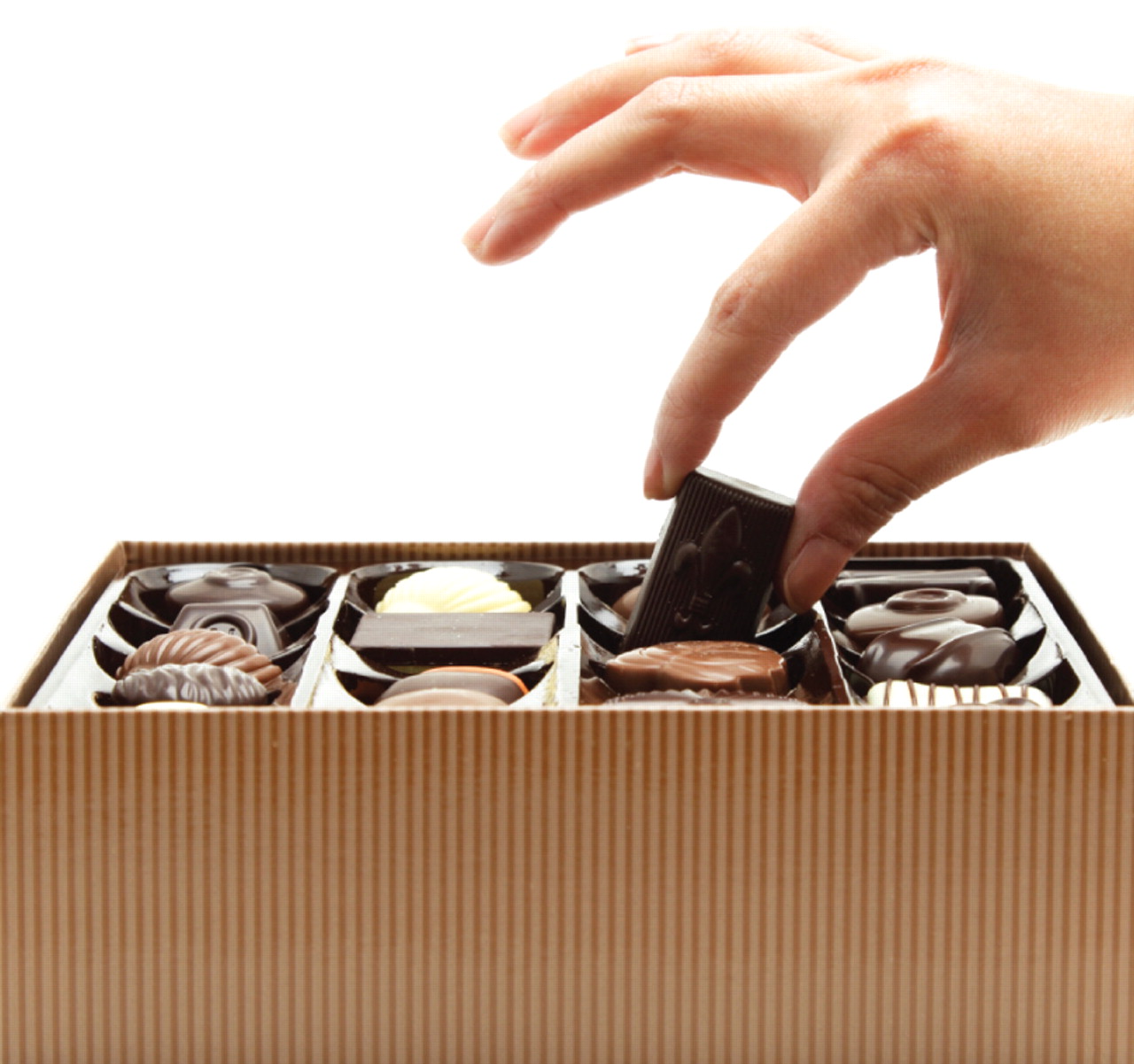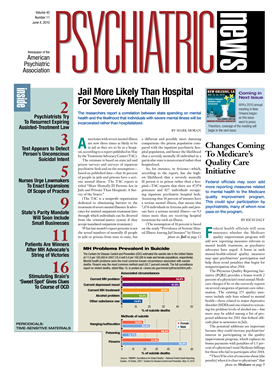When people are “down in the dumps” and reach for chocolate candy, could they be self-medicating? Very possibly. A new study has found a significant link between depressed mood and chocolate consumption.
There has been a widespread belief, but not much scientific evidence, that chocolate has mood benefits. So Beatrice Golomb, M.D., Ph.D., an associate professor of medicine at the University of California, San Diego, and colleagues conducted a study to test the hypothesis. Their findings appeared in the April 26 Archives of Internal Medicine.
Their population sample consisted of 839 subjects with an average age of 58 from the San Diego area. Each subject completed the Center for Epidemiologic Studies–Depression Scale (CES-D).
The scale contains 20 questions about depressive symptoms, and people score themselves on each question on a 4-point scale ranging from 0 (rarely or none of the time) to 3 (most or all of the time). A final score can thus run from 0 to 60. A score of 16 or higher is generally considered an indication of depression, although higher scores (both item and total scores) generally indicate more depressive symptoms.
Each subject also completed the Fred Hutchinson Food Frequency Questionnaire (FFQ), developed at the Fred Hutchinson Cancer Research Center. The FFQ is one of the most common assessment tools used in large epidemiologic studies of diet and health. It asks participants to report the frequency of consumption and portion size of about 120 items during a defined period—say, the last month or the last three months. One of the food items about which subjects are asked is chocolate. FFQ results are also used to compute a person's intake of various nutrients and macronutrient elements such as fats, carbohydrates, and calories.
The researchers found that there was a link between subjects' CES-D scores and the amount of chocolate they consumed.
Subjects' CES-D scores ranged from 0 to 45, with an average of 8. Subjects with a score of 16 or higher, that is, those with probable depression, reported significantly more chocolate consumption than did subjects with a score of less than 16, that is, those who were probably not depressed. Findings were similar for both men and women. Moreover, there appeared to be a dose-response relationship: the higher the CES-D score, the greater the chocolate consumption.
Finally, the results held firm even when consumption of other foods with purported antidepressant properties, such as fish, fruits, and vegetables (Psychiatric News, April 2), was considered.
So if depressed mood is related to chocolate consumption, what does the relationship indicate?
One possibility is that chocolate makes people depressed, the researchers said. Another is that a physiological factor such as oxidative stress or inflammation might be driving both depression and chocolate cravings. A third possibility is that chocolate contains antidepressant properties.
“I tend to share the perception that there may be short-term mood-elevating effects,” Golomb told Psychiatric News.
But if chocolate has antidepressant properties, they probably cannot be attributed to the fats, carbohydrates, calories, or caffeine that chocolate contains, the researchers believe. The reason is because they could find no link between subjects' consumption of fats, carbohydrates, calories, or caffeine and their mood symptoms.
“We are considering designing a study to better understand the causal direction (if any) of the association [between chocolate consumption and depressed mood],” Golomb said. “We've received some e-mails from people citing personal experiences with chocolate and mood that make [such a prospect] exciting.”
The study was funded by the National Institutes of Health and the University of California, San Diego General Clinical Research Center.

